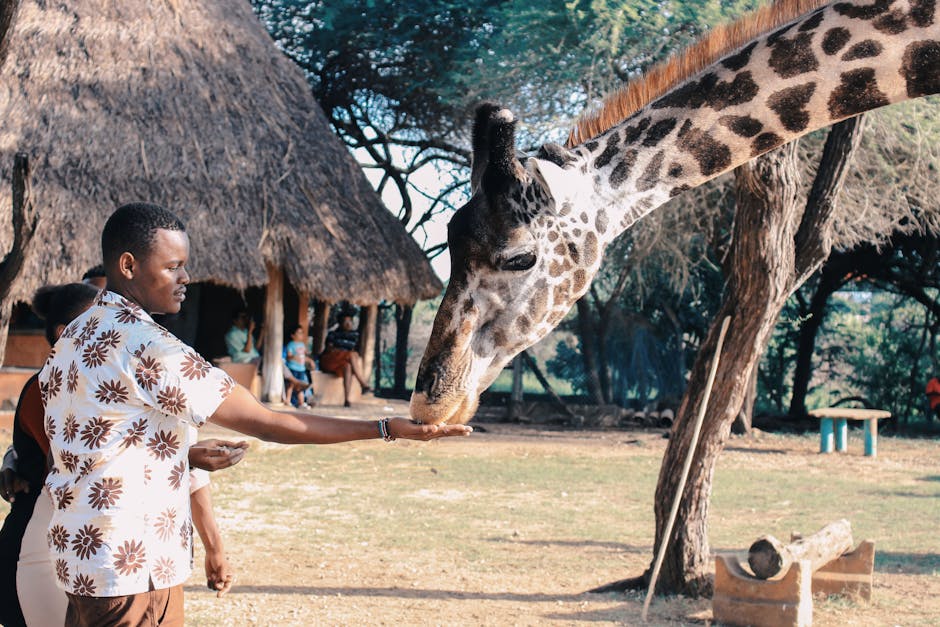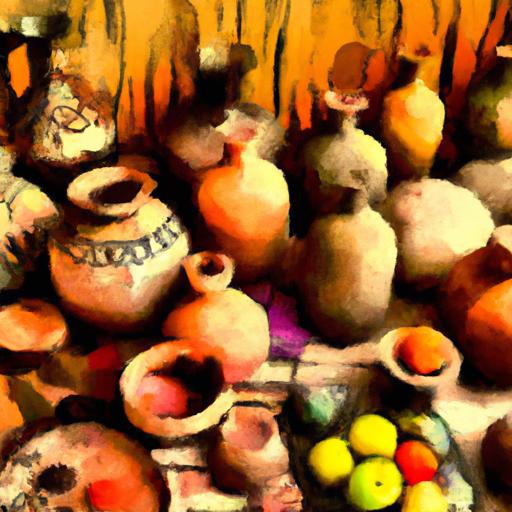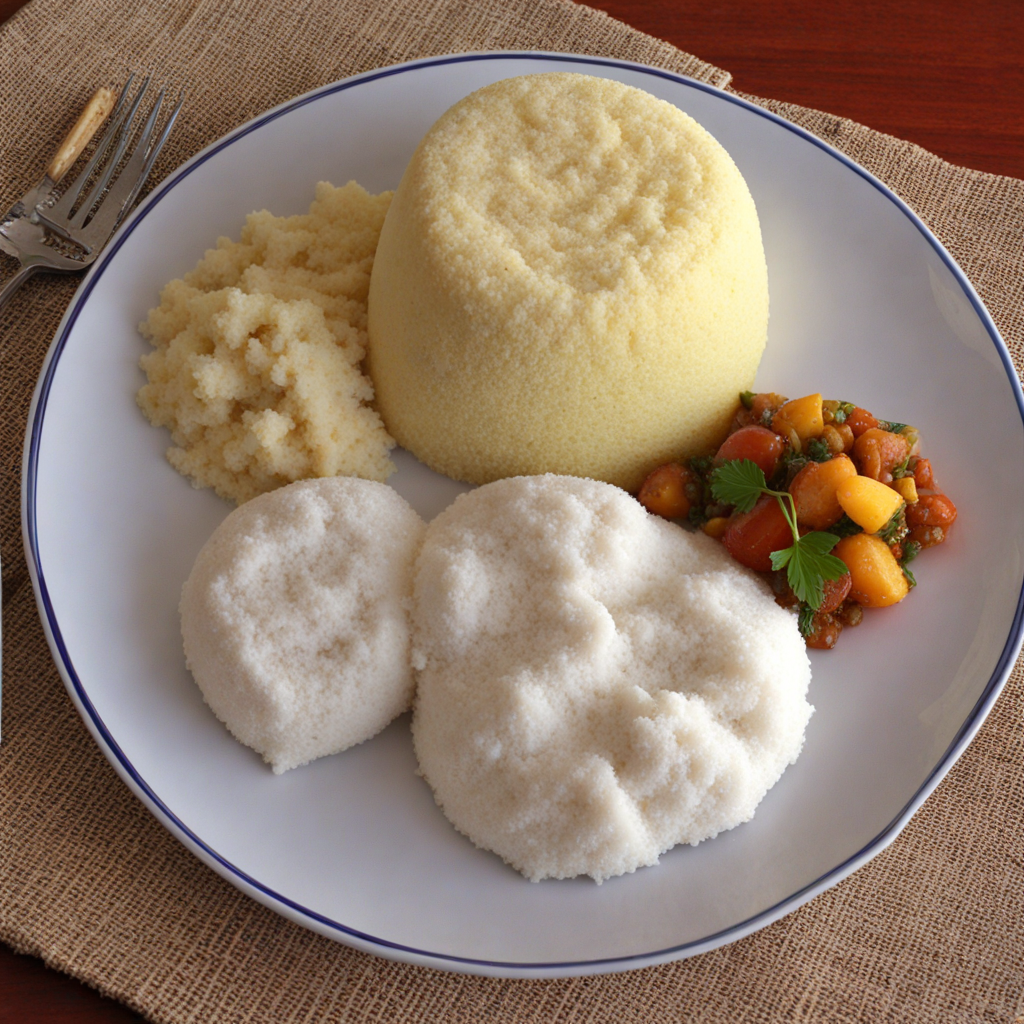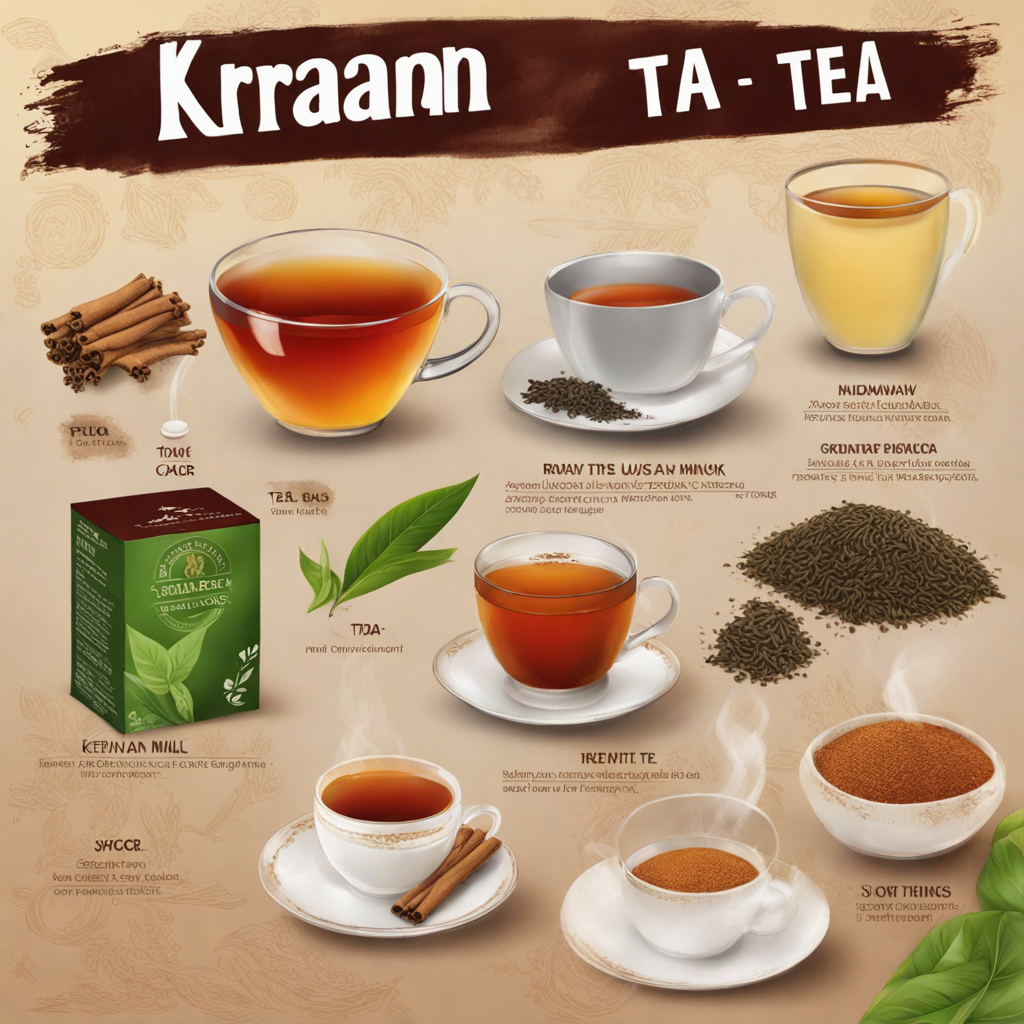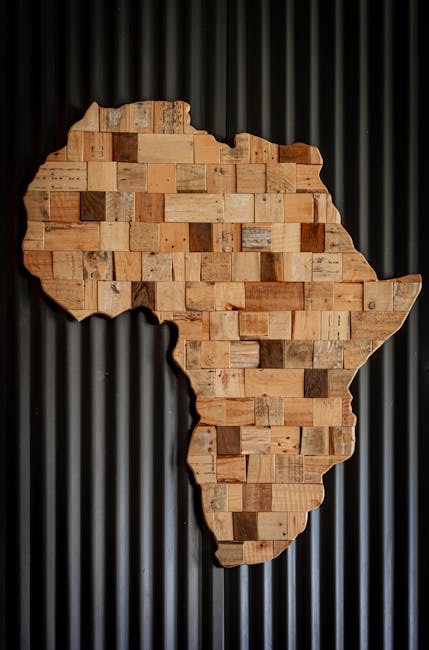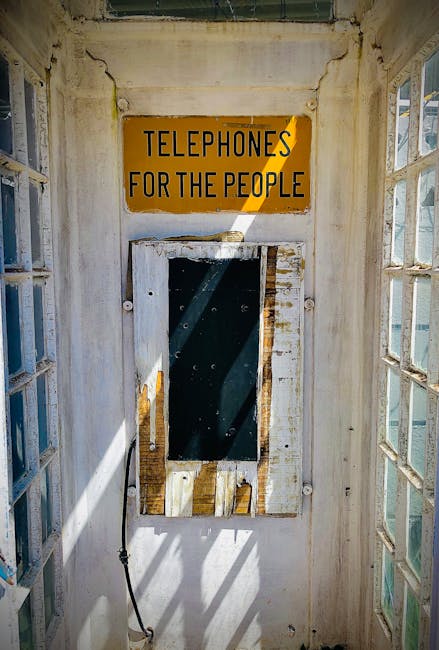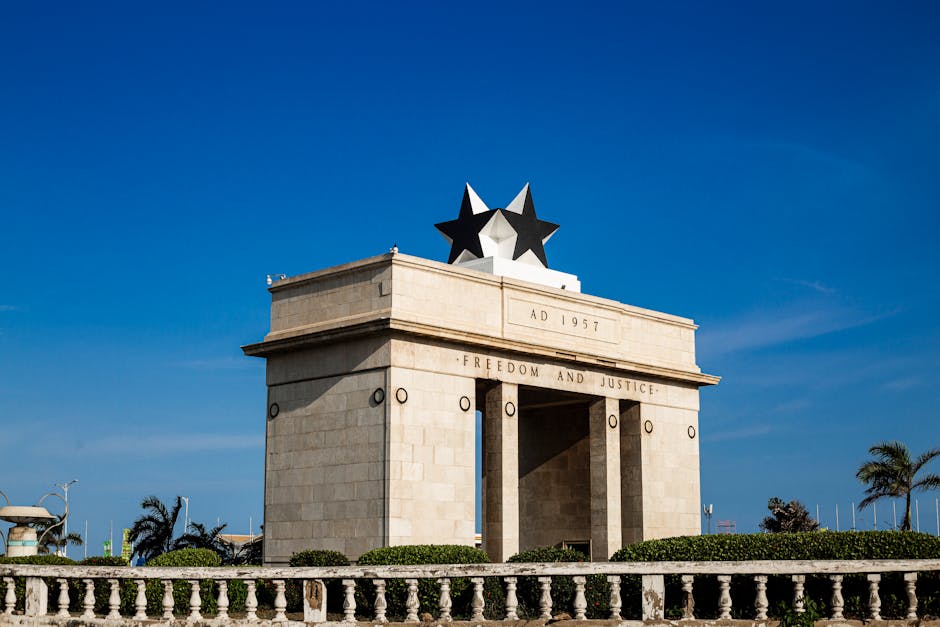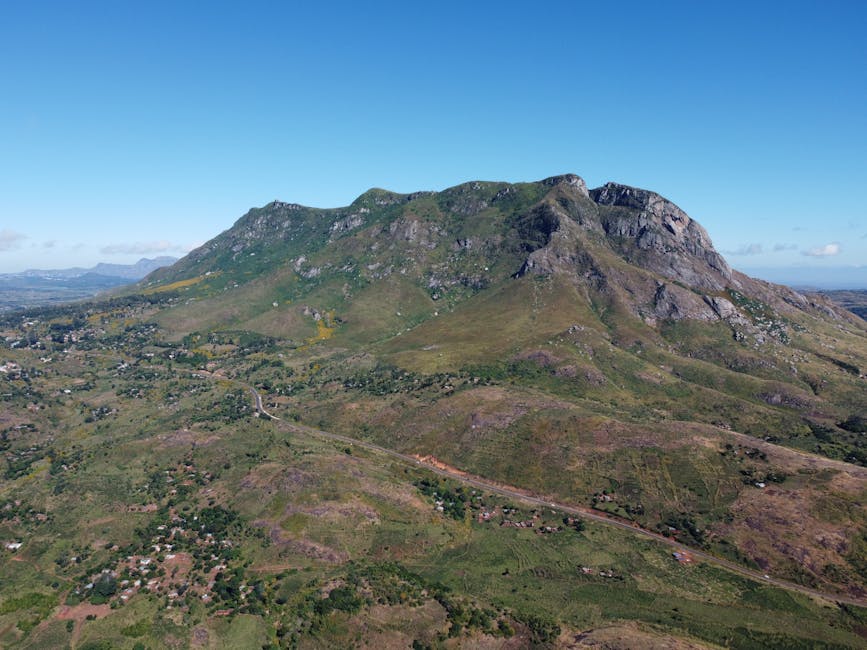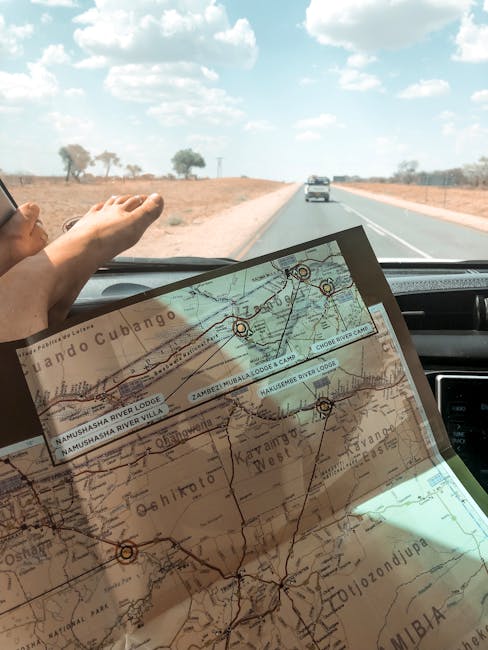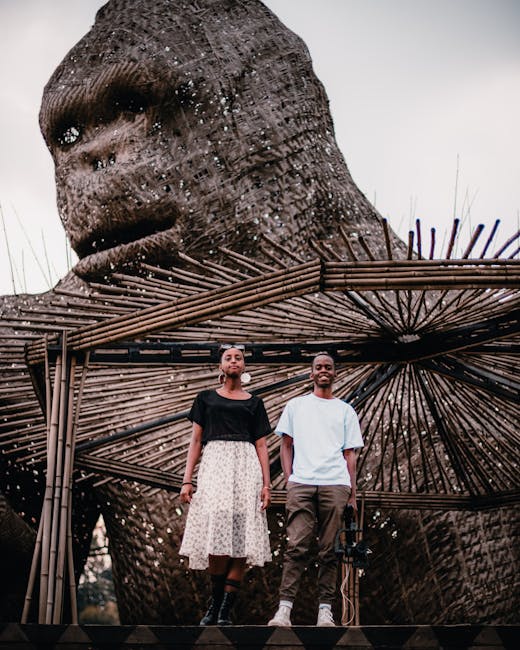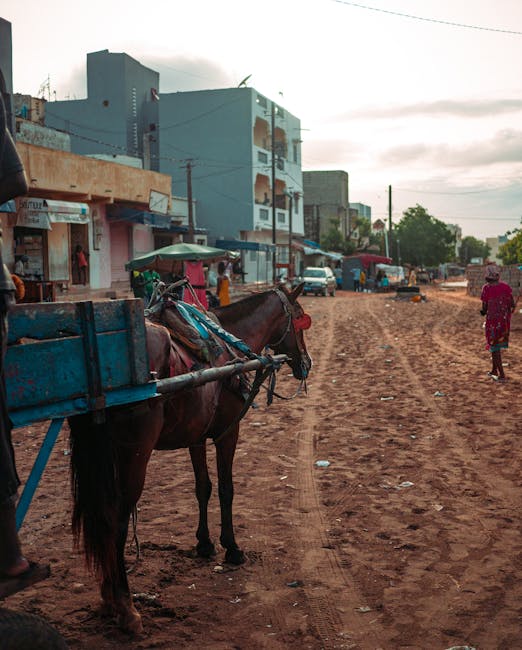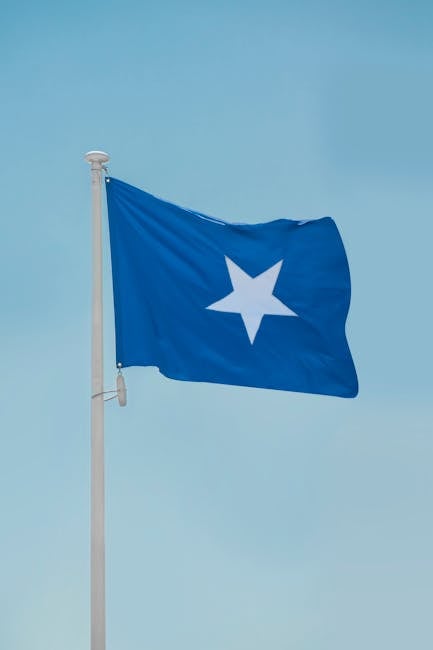Kenya
Overview
Kenya's Cultural Diversity
Kenya, a country located in East Africa, is known for its diverse culture, stunning landscapes, and unique wildlife. This country is a blend of 42 ethnic communities, each with its own distinct language and culture, which contributes to Kenya's rich cultural diversity. Kenya's geography is just as varied, featuring everything from tropical beaches to snow-capped mountains. The country's most unique feature is arguably its wildlife. Kenya is home to numerous national parks and wildlife reserves where visitors can spot the "Big Five" (lions, leopards, rhinos, elephants, and buffalos) and other exotic animals in their natural habitat.
Tourism and Activities
The high season for tourism in Kenya is during the dry season, which runs from late June to October. During this time, the weather is generally warm and dry, making it ideal for wildlife viewing. One of the most spectacular sights during this season is the Great Migration, where millions of wildebeest, zebras, and gazelles travel from Tanzania's Serengeti to Kenya's Maasai Mara. Apart from wildlife viewing, other popular activities include hiking Mount Kenya, exploring the Great Rift Valley, visiting the Lamu archipelago, and experiencing Maasai culture.
Travel Preparations
Before visiting Kenya, travelers should ensure they have the necessary travel documents. A visa is required for most nationalities, which can be obtained online through the eVisa system. Vaccinations for diseases such as yellow fever and malaria are recommended, so it's crucial to check with a healthcare provider before your trip. It's also advisable to have travel insurance that covers medical evacuation, as serious medical issues may require transport to a country with higher-quality medical facilities. Lastly, pack for a range of climates, as Kenya has everything from desert heat to high-altitude chill.
A Glimpse into the Past
Kenya, a land of diverse landscapes and rich cultural heritage, offers travelers an extraordinary journey through its past and present. The history of Kenya is marked by ancient civilizations, colonial struggles, and a vibrant tapestry of cultures that continue to shape the nation today.
Ancient Civilizations
The history of Kenya can be traced back thousands of years, with evidence of human habitation dating back to the Paleolithic era. Early inhabitants, known as the hunter-gatherers, roamed the land before the arrival of agricultural communities. By 1000 BC, the Bantu-speaking peoples migrated from West Africa, introducing farming and ironworking to the region.
The coastal region, particularly around Mombasa, became a hub for trade with various civilizations, including the Arabs and Persians. The establishment of coastal city-states, such as Lamu and Mombasa, facilitated the exchange of goods and cultures, leading to the emergence of a unique blend of Swahili culture that still thrives today. The Swahili people, known for their maritime skills, contributed significantly to the coastal economy and cultural landscape.
Colonial Era
In the late 19th century, European powers turned their eyes towards East Africa, driven by the desire for land and resources. The British formally established control over Kenya in the 1890s, leading to the construction of the Uganda Railway from Mombasa to Kisumu. This ambitious project not only facilitated transportation but also attracted thousands of Indian laborers, whose influence remains evident in Kenya's cultural fabric.
The colonial period was marked by significant upheaval. The British seized vast tracts of land, particularly in the fertile highlands, leading to the displacement of many indigenous communities. This sparked widespread resentment and resistance, culminating in the Mau Mau Uprising in the 1950s. The Mau Mau movement, primarily composed of Kikuyu fighters, sought to reclaim land and independence from British rule. The brutal suppression of the uprising highlighted the harsh realities of colonialism and paved the way for Kenya's eventual independence.
Independence and Nation-Building
Kenya gained independence on December 12, 1963, with
The subsequent leaders, including Daniel arap Moi, who succeeded Kenyatta in 1978, continued to grapple with these issues. The 1980s and 1990s were marked by political unrest and calls for democratic reforms, culminating in the reintroduction of multi-party elections in the early 2000s. The struggle for democracy and good governance remains a pivotal aspect of Kenya's contemporary history.
Modern Kenya
Today, Kenya is a dynamic nation characterized by its cultural diversity and economic growth. The country is home to over 40 ethnic groups, each with its unique traditions and languages. The Swahili culture along the coast and the rich heritage of the Maasai in the south create a vibrant tapestry that attracts travelers from around the world.
Kenya's economy is one of the largest in East Africa, driven by agriculture, tourism, and technology. The famous Maasai Mara National Reserve is renowned for the Great Migration, where millions of wildebeest and zebras traverse the plains, creating one of nature's most spectacular events. This reserve, along with other national parks like Tsavo and Amboseli, offers visitors a chance to experience Africa's majestic wildlife up close.
Cultural Heritage
Travelers to Kenya can immerse themselves in the rich cultural heritage that permeates daily life. The annual Maasai Cultural Festival celebrates traditional dances, crafts, and rituals, providing visitors with an authentic experience of Maasai culture. Similarly, the Swahili cultural festivals along the coast highlight the fusion of African, Arab, and European influences, showcasing traditional music, food, and art.
The capital city, Nairobi, is a bustling metropolis that juxtaposes modernity with history. The Nairobi National Museum offers insights into Kenya's cultural and natural history, while the Karen Blixen Museum, former home of the famous author of "Out of Africa," provides a glimpse into colonial life. A visit to the David Sheldrick Wildlife Trust allows travelers to witness conservation efforts aimed at protecting elephants and rhinos.
Challenges and Opportunities
Despite its vibrant culture and natural beauty, Kenya faces significant challenges, including political corruption, economic disparities, and environmental issues. The country’s rapid population growth puts pressure on resources, while climate change affects agriculture and wildlife habitats. However, Kenya's resilience shines through in initiatives aimed at sustainable development and community empowerment.
Travelers can engage with local communities through eco-tourism projects, supporting conservation efforts and promoting responsible travel. The Giraffe Centre in Nairobi allows visitors to interact with endangered Rothschild's giraffes, while community-run lodges in Maasai land offer authentic experiences that benefit local populations.
Concluding Thoughts
Kenya's history is a captivating narrative of resilience, diversity, and transformation. From ancient trade routes and colonial struggles to modern-day challenges and triumphs, the country embodies a rich heritage that is both complex and enchanting. As travelers explore its landscapes and cultures, they become part of a story that continues to evolve, contributing to the vibrant tapestry that is Kenya today. Whether trekking through the Great Rift Valley, relaxing on the beaches of Diani, or engaging with local cultures, visitors to Kenya will undoubtedly be touched by its history and the warmth of its people.
Top cities for tourists in Kenya
Discover the Famous Cities That Might Captivate Your Interests
Must-Try Foods You Can't Afford to Miss
Indulge in a Variety of Fantastic Foods During Your Stay in Kenya
May Be Your Next Destinations
People often choose these countries as their next destination




